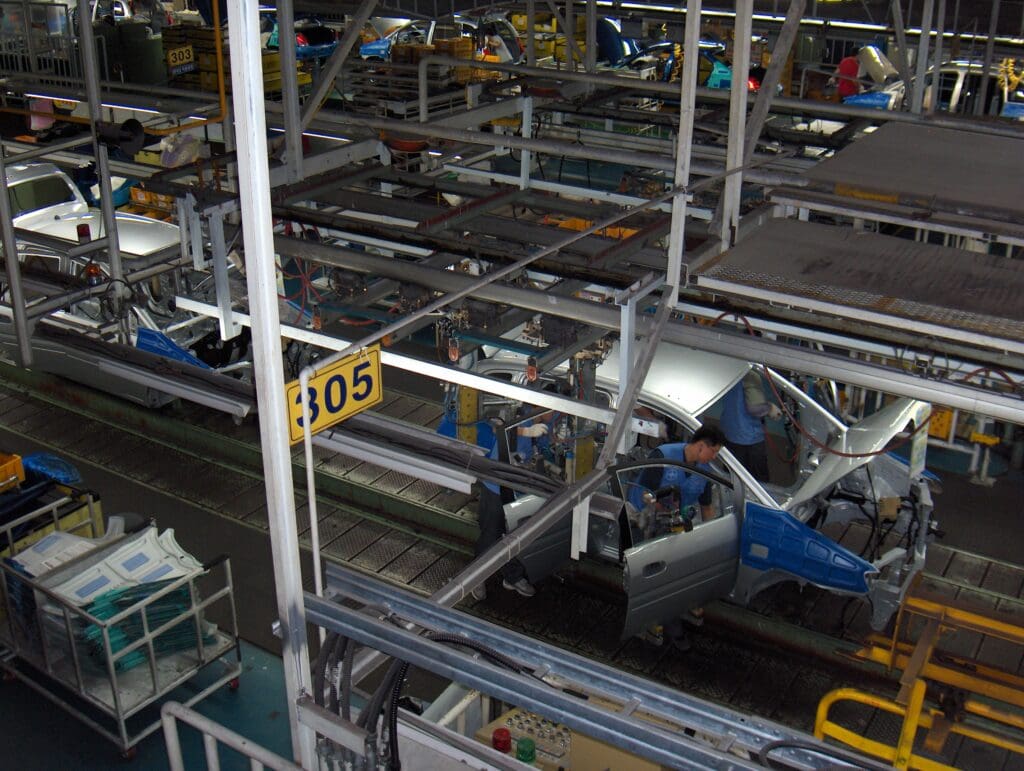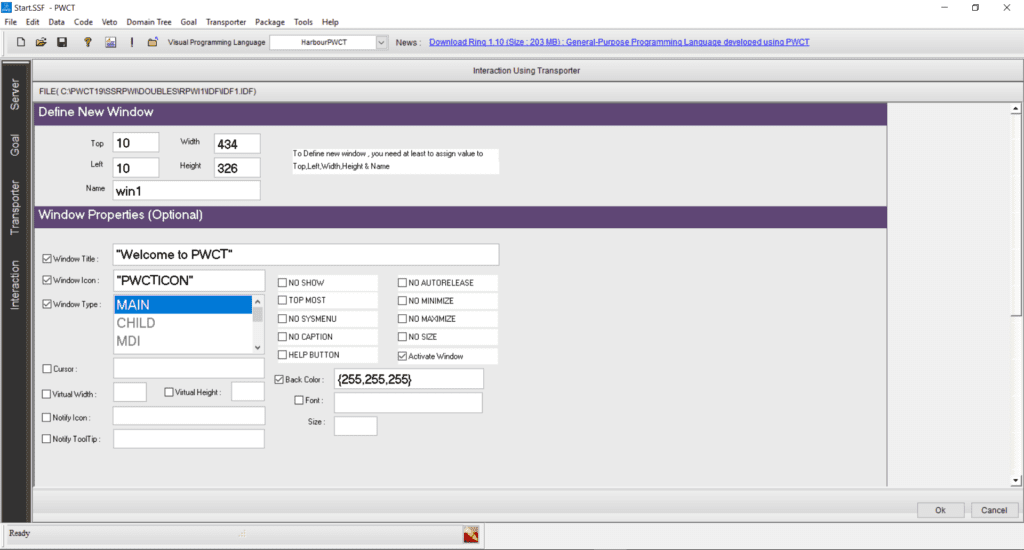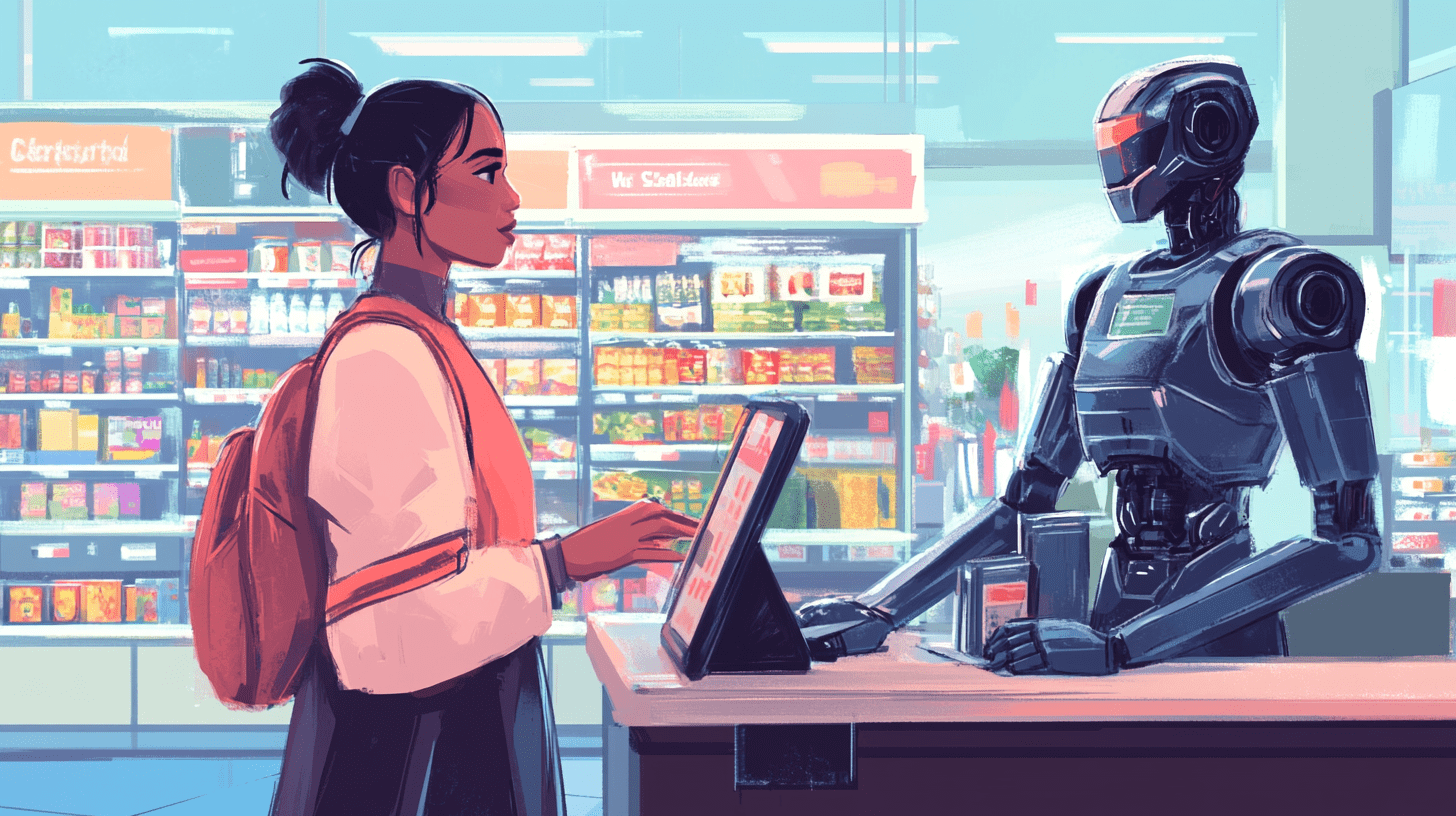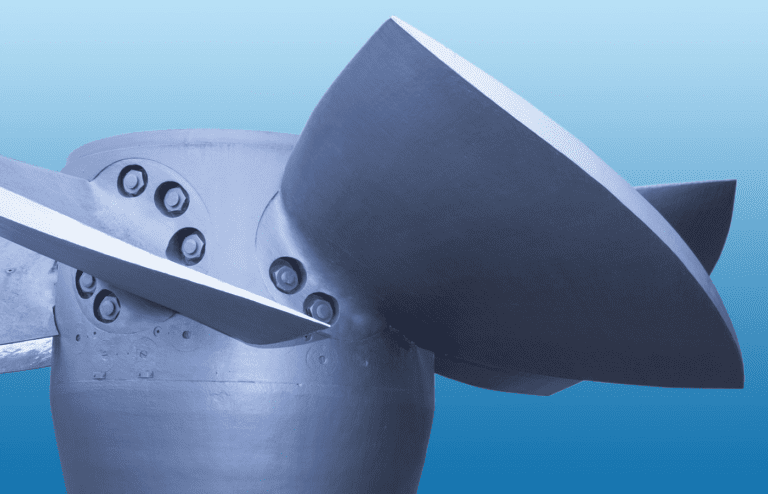As the world progresses towards a more technologically advanced future, the impact of artificial intelligence (AI) on the job market is becoming increasingly apparent. By 2030, AI is expected to transform numerous industries, leading to significant changes in employment dynamics.
This article explores various professions that are projected to be affected by AI, analyzing the potential for automation and the resulting shifts in job roles.
15. Basic Content Writers

AI’s ability to generate coherent, grammatically correct text is rapidly improving. By 2030, AI is expected to handle routine content creation tasks like product descriptions, basic news articles, and simple blog posts. However, human writers will still be crucial for complex, creative, and emotionally resonant content that requires nuanced understanding and original thinking.
14. Stock Traders and Financial Analysts

AI algorithms are increasingly outperforming human traders in speed and accuracy of market analysis and trade execution. Machine learning models can process vast amounts of financial data, identify patterns, and make split-second trading decisions, potentially rendering many human stock traders and analysts obsolete by 2030.
13. Medical Transcriptionists

AI-powered medical transcription is rapidly replacing human transcriptionists, offering faster, more accurate, and cost-effective solutions. Advanced speech recognition and natural language processing technologies can now transcribe medical terminology with high precision, integrating seamlessly with electronic health records. This shift is expected to significantly reduce the demand for traditional medical transcriptionists by 2030.
12. Legal Assistants and Paralegals

While AI won’t fully replace paralegals, it will significantly impact their roles. AI tools can automate routine tasks like document review, legal research, and contract analysis. Paralegals will need to adapt by developing skills in AI management and focusing on higher-value tasks that require human judgment and client interaction.
11. Truck and Taxi Drivers

Autonomous vehicles are poised to revolutionize the transportation industry, potentially displacing millions of truck and taxi drivers by 2030. Self-driving technology is advancing rapidly, with companies like Tesla and Waymo leading the charge. While some specialized driving roles may persist, long-haul trucking and urban taxi services are prime targets for AI-driven automation.
10. Travel Agents

AI-powered chatbots and virtual assistants are rapidly transforming the travel industry, offering personalized itineraries and 24/7 support. By 2025, these AI systems will likely handle most routine bookings and inquiries, reducing the need for human travel agents. However, luxury and complex travel planning may still require human expertise.
9. Retail Cashiers

AI-powered self-checkout systems and cashierless stores are rapidly transforming retail. By 2030, up to 80% of cashier jobs could be automated, with AI handling transactions, inventory management, and customer inquiries. This shift will likely lead to a focus on customer service roles that require more complex human interaction and problem-solving skills.
8. Factory Assembly Line Workers

AI-powered robots are rapidly taking over assembly line tasks in manufacturing. By 2025, up to 20 million factory jobs could be replaced globally. These robots offer increased precision, efficiency, and 24/7 operation. However, new roles in robot maintenance and oversight are emerging, requiring workers to adapt their skills.
7. Proofreaders and Copy Editors

While AI won’t completely replace human editors in the near future, it will likely take over many proofreading and copy editing tasks. AI tools can quickly identify grammar, spelling, and punctuation errors, as well as suggest improvements in style and clarity. However, human editors will still be needed for nuanced language decisions and maintaining overall content quality.
6. Receptionists

AI receptionists are revolutionizing front desk operations in 2025. These virtual assistants handle calls 24/7, book appointments, and answer queries with human-like efficiency. By 2030, AI is expected to replace many human receptionists, especially in small to medium-sized businesses, offering cost savings and improved customer service.
5. Bank Tellers

AI-powered chatbots and automated teller machines are increasingly handling routine banking transactions. By 2028, up to 200,000 bank jobs globally could be replaced by AI systems, with tellers being particularly vulnerable. Banks are investing heavily in AI to improve efficiency and reduce costs, making human tellers less essential for day-to-day operations.
4. Bookkeepers and Accounting Clerks

While AI won’t completely replace accountants by 2025, it will significantly impact bookkeeping and clerical accounting roles. AI-powered software can automate data entry, transaction categorization, and basic financial reporting with high accuracy. This shift will require accounting professionals to focus on higher-level analysis and strategic decision-making.
Read More: Is AI Losing Money? The Facts
3. Telemarketers

AI-powered chatbots and virtual assistants are rapidly taking over telemarketing roles. These systems can handle customer inquiries, make promotional offers, and even conduct cold calls 24/7 without breaks. With AI chatbots reducing telemarketing costs by up to 80%, human telemarketers are becoming increasingly obsolete in the industry.
Read More: When Will AI Start Making Money?
2. Customer Service Representatives

AI-powered chatbots and virtual assistants are rapidly taking over customer service roles. By 2025, these systems will handle routine inquiries, process policy changes, and answer common questions without human intervention. While complex issues may still require human touch, AI’s 24/7 availability and instant responses will significantly reduce the need for human representatives.
Read More: 9 Careers in AI and How to Land Them
1. Data Entry Clerks

AI-powered automation tools are rapidly taking over data entry tasks, offering superior speed and accuracy. By 2025, data entry clerks are expected to be largely replaced by advanced software capable of processing vast amounts of information efficiently. This shift will force many in the field to upskill or transition to roles that require more complex decision-making and analysis.
Read More: 15 Ways AI Has Been Secretly Helping You All This Time








